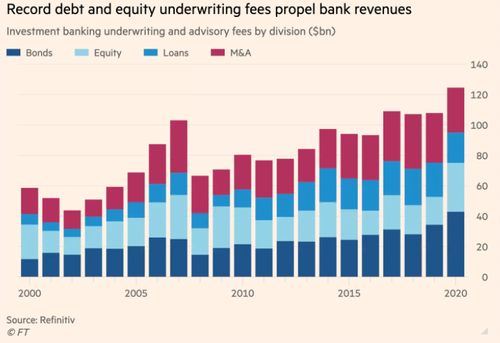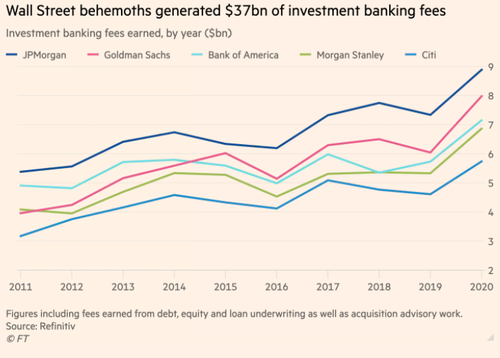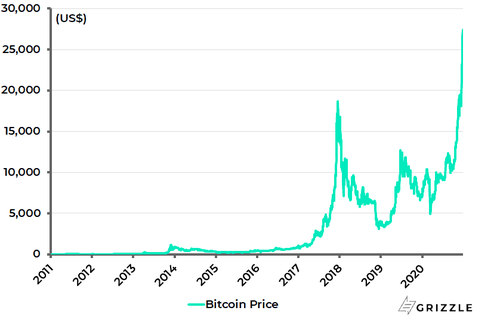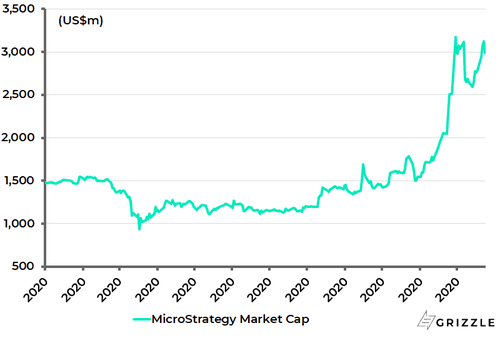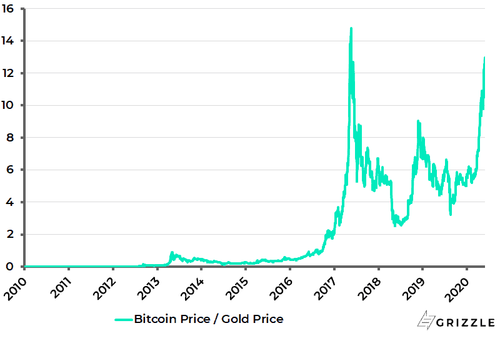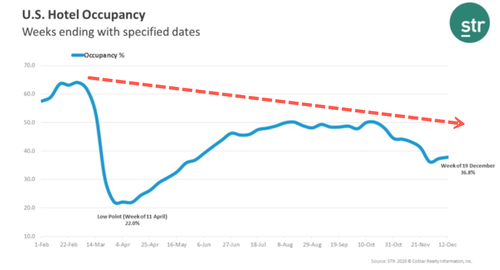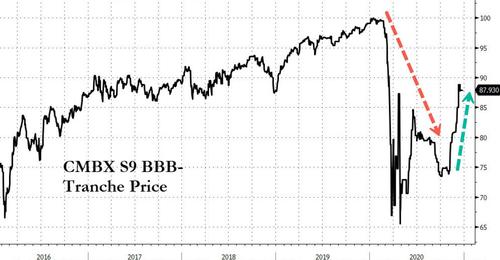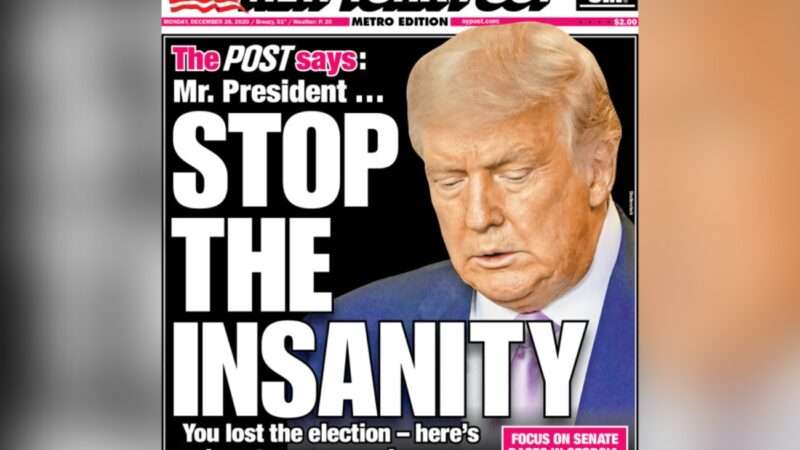
The New York Post, along with Fox News, is one of the Trump-friendly news outlets that has been questioning the president’s claims of massive election fraud since he started making them. In an editorial yesterday, the paper urged the president to cut it out already. “Mr. President…Stop the Insanity,” the front-page headline says. “You lost the election—here’s how to save your legacy.”
It may be too late for that, and it is hard to see how Trump could abruptly reverse himself and admit that the massive criminal conspiracy he has been describing for nearly two months did not actually happen after all. But it is encouraging to see further evidence that Trump supporters are willing to separate their partisan and policy preferences from their understanding of reality.
“It is time to end this dark charade,” the Post says. Citing Trump’s vain hope that Congress will stop Biden from taking office by rejecting electoral votes from swing states when it officially tallies the results on January 6, the paper charges him with “cheering for an undemocratic coup.”
While “you had every right to investigate the election,” the editorial says, “those efforts have found nothing.” As examples, it notes the recounts in Wisconsin and Michigan, which confirmed Joe Biden’s victories in those states. “These ballots were counted by hand,” the Post notes, “which alone debunks the claims of a Venezuelan vote-manipulating Kraken conspiracy.”
The paper does not mince words. Sidney Powell, the former Trump campaign lawyer who has been promoting a wild conspiracy theory involving deceased Venezuelan strongman Hugo Chavez, Dominion Voting Systems, George Soros, the Clinton Foundation, and “communist money” from Cuba and China, “is a crazy person,” the Post says. Former National Security Adviser Michael Flynn’s suggestion that Trump could use the military to force new elections in battleground states was “shameful” and “tantamount to treason.” The paper describes Trump himself as “the King Lear of Mar-a-Lago, ranting about the corruption of the world.”
The Post sweetens its appeal by praising Trump and invoking practical politics. Instead of focusing on a doomed effort to overturn electoral votes, the editorial says, Trump should be worrying about the January 5 runoffs in Georgia that will decide which party controls the Senate when Biden takes office.
“You came out of nowhere to win the presidency,” the Post says. “Not an elected official, not a lawyer, not beholden to any particular faction of the swamp. You took on the elites and the media who had long lost touch with average working people. You changed politics, which is something few in American history can say. If Georgia falls, all that is threatened.”
That outcome, the paper warns, will “leave your party out of power,” make it “less likely to listen to what you have to say or to capitalize on your successes,” and threaten “a future return” by Trump. “If you insist on spending your final days in office threatening to burn it all down,” the Post says, “that will be how you are remembered. Not as a revolutionary, but as the anarchist holding the match.”
The editorial is a powerful and sensible admonition, and I agree that Republican control of the Senate is important as a check on Biden’s power. But I do not share the Post‘s hope that the GOP will continue to listen to Trump, let alone that a sudden shift from deranged pettiness to sober magnanimity—which, let’s be honest, is impossible to imagine—would “set the stage for a future return.”
If Sidney Powell is “a crazy person” and Michael Flynn’s advice is “shameful” and treasonous, what should we make of a president who relies on their counsel while ranting like King Lear? Whatever your position on the substantive issues where the Post and Trump agree, is this the sort of person you want to be leading the Republican Party or running the federal government? For Trump, the personal and the political are inseparable. It is long past time for Republicans to consider the implications of that fusion.
from Latest – Reason.com https://ift.tt/2KNMHnR
via IFTTT
